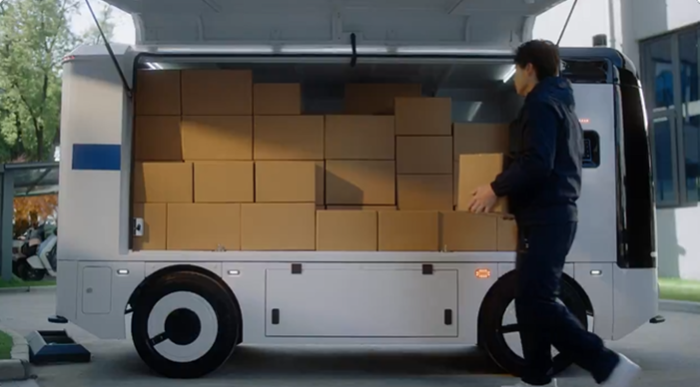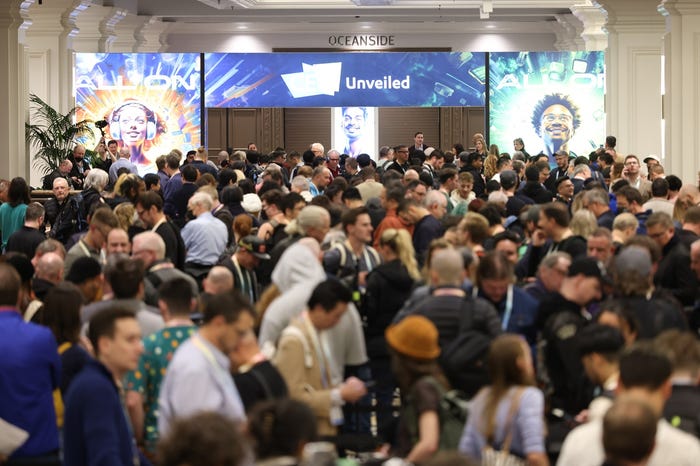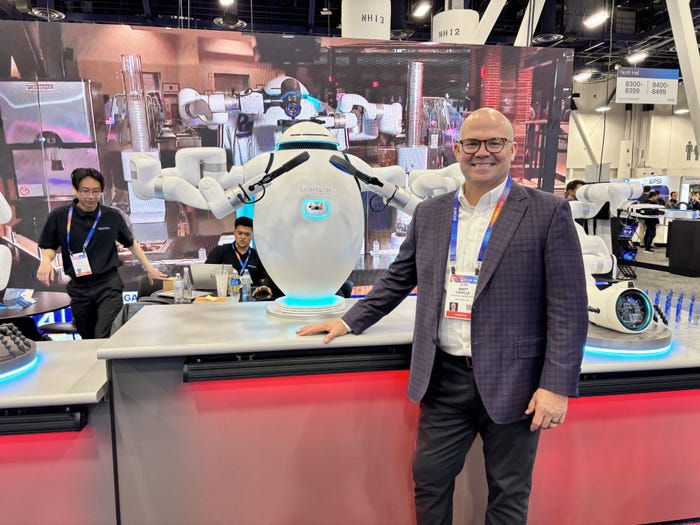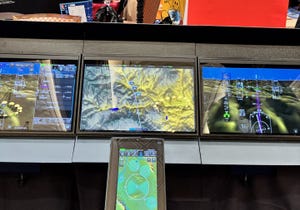Tesla Recalls 362,000 Cars Over Crash Risk
The recall impacts certain 2017-2023 Model 3, 2016-2023 Model S, 2016-2023 Model X and 2020-2023 Model Y vehicles

Tesla is recalling more than 362,000 vehicles with Full Self Driving software due to a crash risk at intersections.
According to the National Highway Traffic Safety Administration, Tesla’s Full Self-Driving software allows vehicles to exceed speed limits or travel through interactions either unlawfully or unpredictably, increasing the risk of a crash.
The recall impacts 362,758 vehicles and includes certain 2017-2023 Model 3, 2016-2023 Model S, 2016-2023 Model X and 2020-2023 Model Y vehicles.
The FSD beta system could allow the vehicle to “act unsafe around intersections.” The recall says vehicles equipped with FSD could travel straight through an intersection while in a turn-only lane, enter a stop sign-controlled intersection without coming to a complete stop or proceed into an intersection during a steady yellow traffic signal without due caution.
Additionally, the recall says the system may “respond insufficiently to changes in posted speed limits or not adequately account for the driver's adjustment of the vehicle's speed to exceed posted speed limits.”
Affected vehicles are expected to be fixed with an over-the-air software update and owners are expected to be notified by April 15.
Tesla was the focus of several recalls in 2022, as concerns about its Full Self Driving software grew. Recalls are typically resolved by over-the-air software updates:
In November, more than 40,000 vehicles were recalled due to an issue with the power steering system.
In September, more than 1 million vehicles were recalled due to a problem with their power window safety controls.
In July, a software glitch prompted Germany’s automotive regulator to call for the recall of more than 59,000 Teslas.
In May the company faced two recalls. The first was for 48,184 vehicles, due to an issue with its speed display in certain 2018-2022 Model 3 Performance vehicles. This was followed by another recall of 129,960 vehicles for overheating touchscreens.
On April 18, Tesla recalled more than 7,000 Tesla Model X vehicles from 2021 to 2022 for side airbags not deploying properly in a crash. At the same time, it reissued a recall for its Boombox feature impacting pedestrian safety.
On March 24, Tesla recalled 947 vehicles due to an issue with the rearview image not displaying immediately after the car is put into reverse, putting the vehicles out of compliance with a federal safety standard on rear visibility.
On February 10, Tesla recalled 578,607 vehicles with the Boombox feature that the NHTSA said violated federal safety standards.
On February 9, Tesla announced it was recalling more than 26,000 vehicles due to a defective windshield defroster software that the NHTSA said could reduce visibility, putting drivers at risk.
On February 2, Tesla announced it was recalling 53,822 vehicles equipped with self-driving features the company says may cause a crash by not stopping at stop signs.
In December, the company issued a recall of 475,00 vehicles for issues with rearview cameras due to damage to the camera’s cable harness from opening and closing the trunk.
About the Author
You May Also Like
.jpg?width=100&auto=webp&quality=80&disable=upscale)
.jpg?width=400&auto=webp&quality=80&disable=upscale)






